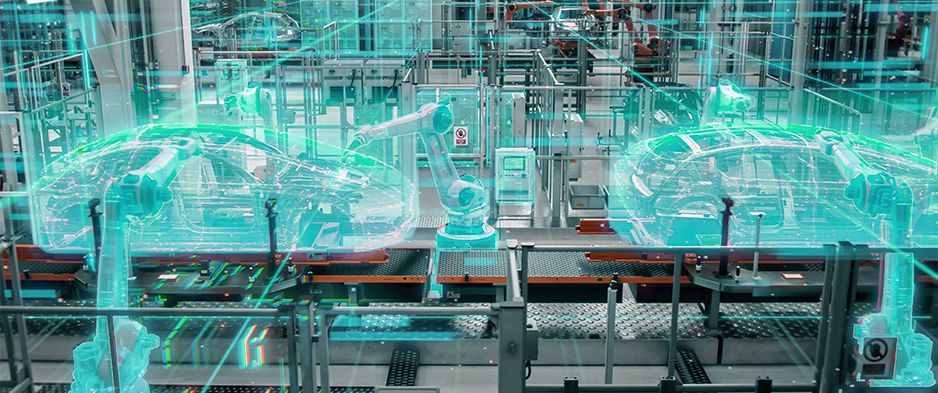What principles will the fifth industrial revolution will be based on? Industry 5.0 is yet to be defined, but market trends already trace an identikit of the manufacturing and automation sector of the future.
Industry 5.0: a more sustainable and human-centric future
As of now, the vision of Industry 5.0 focuses mainly on the integration of smart systems and robots in human work. The evolution of IoT and Big Data technologies in automated industrial environments aims to reach new frontiers of sustainability in a future with uncertain availability of resources.
The 5.0 paradigm actively moves towards an ecological perspective with global environmental objectives such as carbon neutrality, waste recycling and the use of biodegradable materials. Here, values such as maximum efficiency, minimum impact, and high performance in production will be increasingly decisive factors. But that’s not all: men will also play a central role.
As in Industry 4.0, also in Industry 5.0 machines, robots, AI and Big Data are the key to business success. However, the technological aspect tends to be balanced with greater attention to the enhancement of human talent. The increasingly intelligent and efficient devices are not a cause of marginalization of workers, but a means of support and growth.
While on one hand digitalization has supported business success, the excessive focus on automation and machines that replace human work in industrial processes and businesses has inevitably created tension towards technology and innovation. In addition, the growing complexity of industrial automation solutions has made it increasingly difficult for employees to acquire the necessary skills. Industry 5.0 addresses these issues by investing more in human resources and training, with particular emphasis on the need for solutions to support and enhance human work rather than replace it.
Therefore, the Industry 5.0 model does not take into consideration technological development only through technical-economic evaluations. Innovation is also filtered through a socio-centric lens that shifts the objectives of the industrial sector from pure system optimization to sustainable, socially beneficial, and human-centered production.
While remaining focused on automation and IoT, Big Data and smart technologies, Industry 5.0 will therefore be an industry more aware of the most important challenges for the future, not only in the manufacturing sector, but at the basis of society, of the global economy. and the planet.

